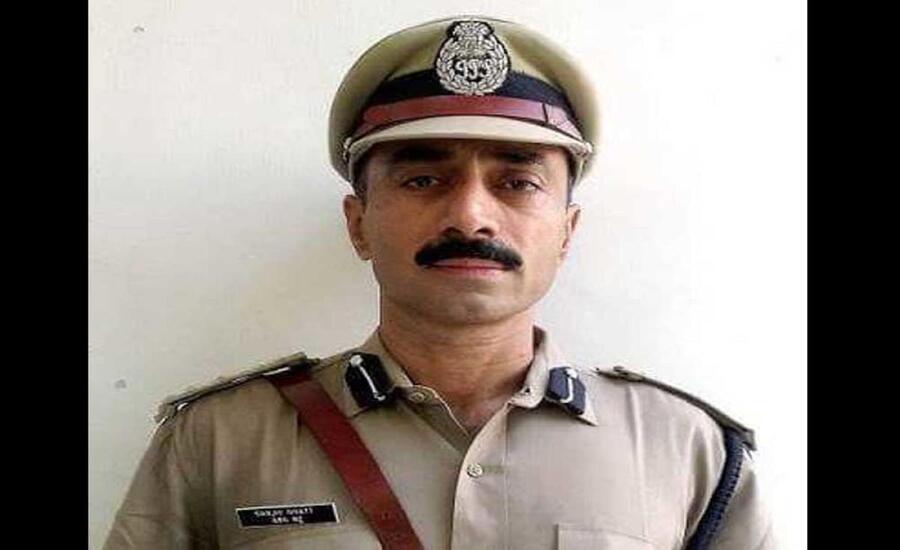Ahemdabad: Former IPS officer Sanjiv Bhatt has approached the Gujarat High Court seeking relief against a Jamnagar sessions court order which quashed the discharge granted to him by a magistrate court in an alleged custodial torture case.
The magistrate court had discharged Bhatt in 2024, but the sessions court in June 2025 overturned that order, directing the magistrate court to frame charges against him and other officials involved. Bhatt has now challenged this sessions court decision.
Background of the Custodial Torture Case
The case relates to the death of detainee Prabhudas Madhavji Vaishnani, who allegedly died due to custodial torture. At the time of the incident, Bhatt was Assistant Superintendent of Police, Jamnagar, and was responsible, along with other officers, for taking into custody about 133 individuals during a Bharat Bandh protest.
In 2019, the sessions court convicted Bhatt and a police constable Pravinsinh Zala for Vaishnani’s death under IPC Sections 302 (murder), 323 (voluntarily causing hurt), and 506(1) (criminal intimidation), sentencing both to life imprisonment. This conviction was upheld by the Gujarat High Court in 2024, and the Supreme Court refused to suspend Bhatt’s sentence in April 2025.
Current Development: High Court Hearing Scheduled
Justice R.T. Vachchani, after hearing Bhatt’s plea on October 15, 2025, adjourned the matter to December 8, 2025.
Read also: DGP Story: Who Is Mohammad Mustafa, the Ex-IPS Officer Accused in His Son’s Mysterious Death?
The court clarified that the pendency of this revision petition will not prevent the execution of Bhatt’s life sentence as per Section 418 of the Criminal Procedure Code and Section 458 of the Bhartiya Nyaya Sanhita.
Case Title: SANJIV RAJENDRA BHATT v/s MAHESH DANJI CHITRODA
R/Criminal Revision Application No.: 1946 of 2025
Why This Case Matters
The Sanjiv Bhatt custodial torture case continues to be highly scrutinized for its implications on police accountability and human rights in India. Legal experts note that the high-profile nature of this case keeps it in the public eye, especially considering past Supreme Court rulings on custodial deaths.




























